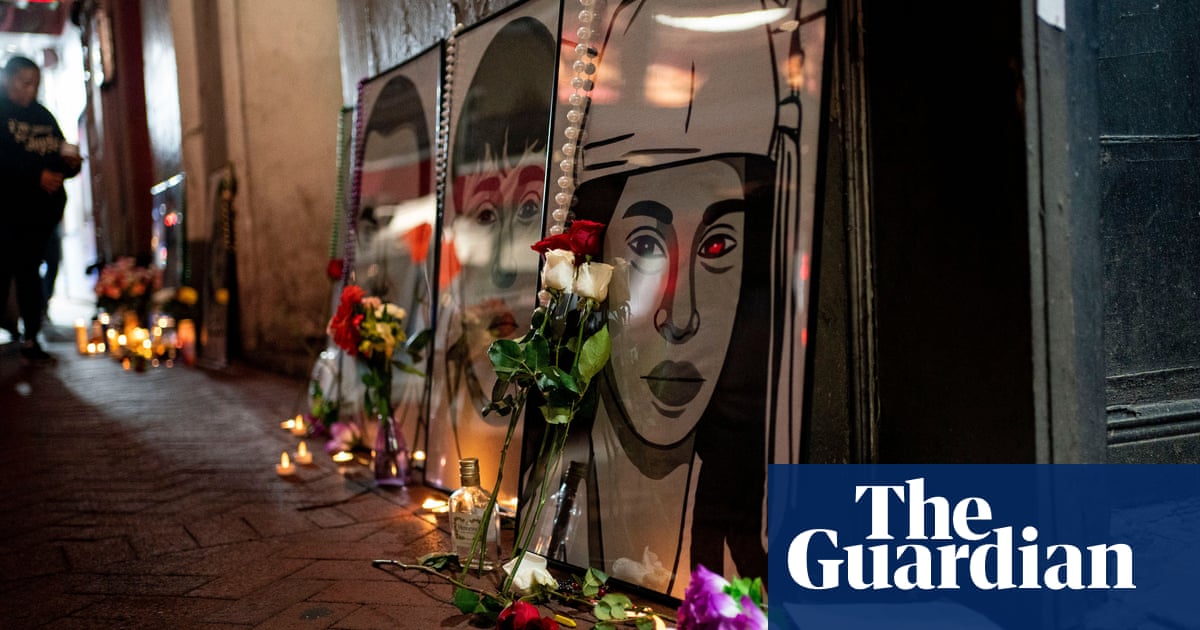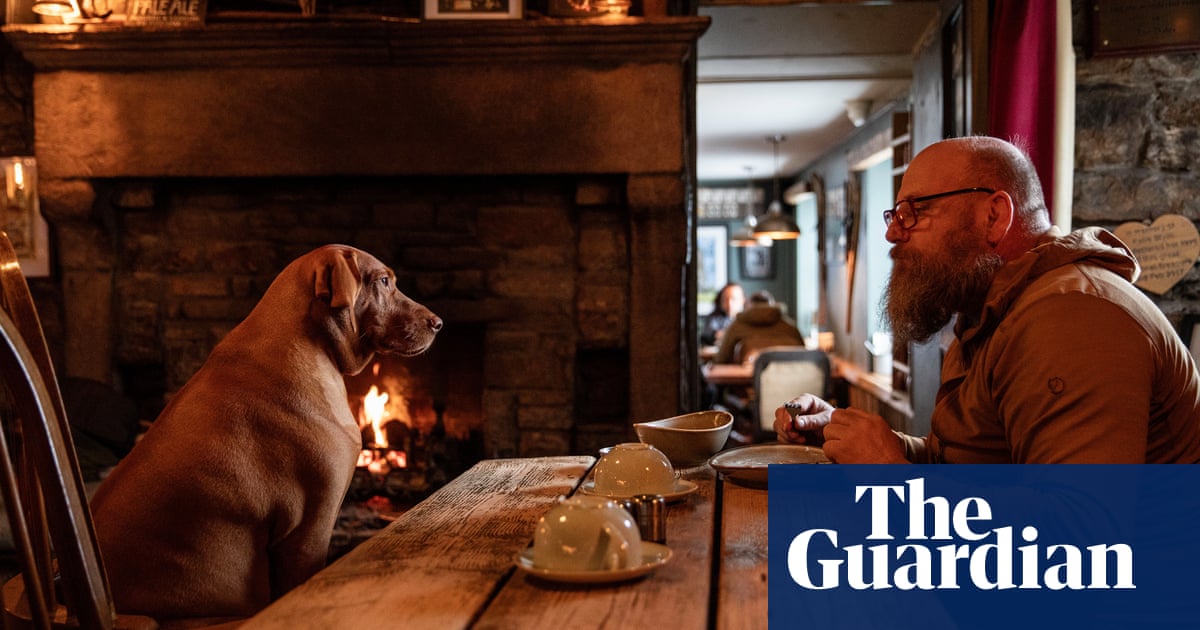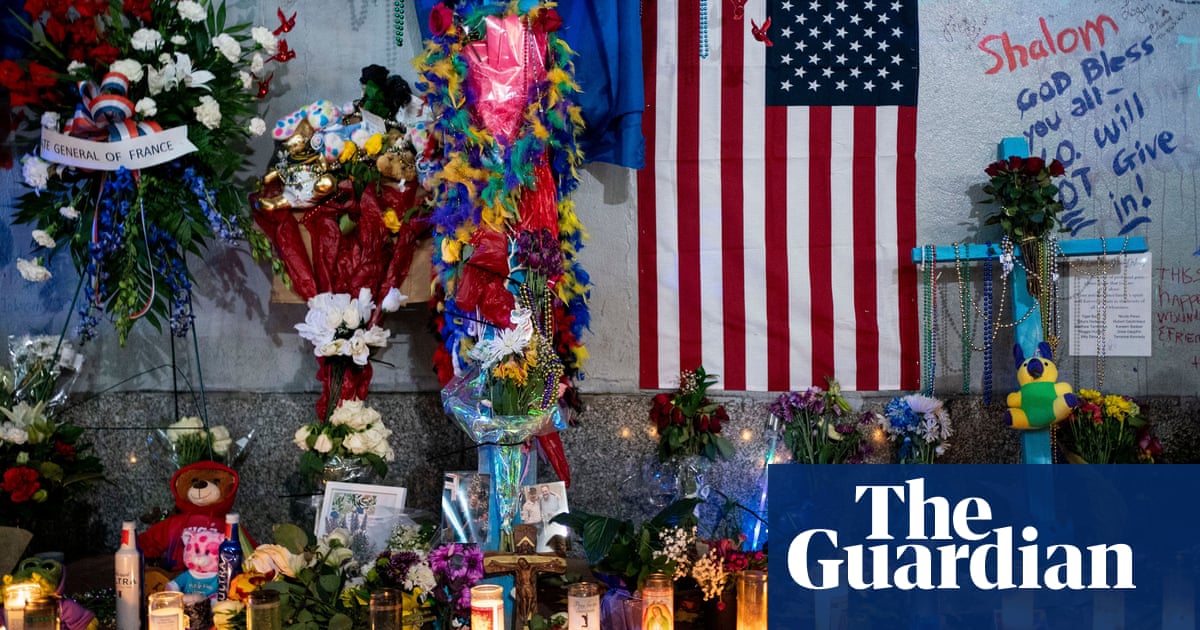Robert Baluku, a Ugandan delegate to the UN’s biodiversity summit in Colombia, found himself between a rock and hard place when his team’s accommodation was abruptly cancelled, leaving them stranded before the start of Cop16 in Cali.
The city’s hotels were packed to capacity with thousands of country leaders, scientists, government ministers and UN negotiators, and Baluku was left scrambling for options – until the Motel Deseos (Desires) came to the rescue.
Now, Baluku finds himself among at least a dozen delegates and negotiators accommodated by the city’s hourly rate motels, which come equipped with circular beds, “love machine” chairs, dance poles and sex swings.
What is Cop16 and why does it matter?
ShowWhat is Cop16?
From 21 October until 1 November, governments will meet in Cali, Colombia, for a summit on the state of biodiversity and nature. Representatives of almost 200 countries will negotiate over how to protect the planet from mass extinctions and ecosystem breakdown. The gathering is formally known as the 16th conference of the parties of the UN convention on biological diversity – shortened to Cop16. It will be the first time countries have met since they formed a landmark nature-protection deal at Cop15 in Montreal, Canada, in December 2022.
What will they be negotiating over?
In Montreal, countries agreed a landmark deal to save nature. Cop16 will be about whether they are putting that into practice. The main focus will be on progress on 23 biodiversity targets for this decade. They include a high-profile goal to protect 30% of the Earth for nature by the end of the decade, restore 30% of the planet's most degraded ecosystems and reform some of the economic drivers of the loss. Countries will also be discussing how to fund these protections.
What is at stake?
Nature is in crisis: global wildlife populations have plunged by an average of 73% in 50 years, according to a scientific assessment made in October 2024. The biodiversity crisis is not just about other species – humans also rely on the natural world for food, clean water and air to breathe. On the eve of Cop16, land restoration expert Tonthoza Uganja said: 'We are on the precipice of shattering Earth’s natural limits – we have not gone there yet, but we are right on the edge.'
Showing the Guardian around his room, Baluku said it was “very unusual” to put a mirror above the circular bed. “I don’t know the motive behind that,” he said. He noted that it was “very funny” to watch yourself falling asleep.
The Motel Deseos’s manager, Diana Echeverry, said she was called by the local government one week before the start of the conference asking if they had space for delegates. She removed the love swings and added blankets and coat hangers. “They came and liked it so much they told their friends and colleagues to stay here too,” Echeverry said.

The motel is now housing 12 delegates from Uganda, Nepal, Brazil and Ecuador. Its most extravagant rooms have Jacuzzis, “Kama Sutra” loungers and dance poles, and cost 100,000 pesos (£18) to rent for four hours. Typically, guests drive into a private car park, picking their rooms from a selection of pictures as they enter.
“It’s like a McDonald’s drive-through but for rooms,” says Echeverry. For Cop16, she developed a special nightly rate of about $35 (£27).
The new arrangement has been an adjustment for hotelier and guests. Normally Echeverry does not meet her guests, and passes food, drink and exchanges of money through a cubby hole – but for the delegates she has introduced a breakfast service serving orange juice, coffee, fruit, eggs and Colombian bread. “Every morning each of them tells us how they want their eggs,” she said.
She is enjoying meeting people from other countries. “We’ll do it again,” she says. Her employees are going out of their way to make their stay comfortable. “We give them chocolates and coffee candy in the morning to show they are special to us.”
Baluku said some of his room’s attributes were not ideal for government negotiators: it had no wardrobe space because the average couple is there for just four hours, so his clothes are draped over his bed or hang from the shower screen. He noted that his room did not come with a pole, but some colleagues’ rooms did.

Aggrey Rwetsiba, another Ugandan delegate staying at the motel, said: “I’m not sure whether I’ve got the full understanding of what a motel should be, but I have seen some unique features … like the mirror on the ceiling. I have never seen [that] in a hotel.”
He noted that the lone wall socket was located next to the bed, rather than by the table where he needs to power his laptop.
“So the setup is quite different,” he said.
Overall, however, Baluku said the delegates were happy.
“We are enjoying ourselves here, it’s a nice hotel,” he said, with colleagues commenting that the rooms are “more comfortable” than many traditional hotels.
Cali’s mayor, Alejandro Eder, told reporters this week the city’s hotels were “100%” full. Initial expectations had been for between 12,000 and 15,000 people to attend the Cop16, but there have been closer to 23,000 registered delegates.

Echeverry said there were 40 rooms spread over two floors, but she has put Cop16 delegates on one corridor because noise comes from rooms “all the time” when they are in use.
“We guarantee good rest for our delegates,” she said.
She said that Cop16 had been great for hotels, taxi drivers and artisans in Cali. “We’re not complaining,” she says.
As he works with other delegates to reach international agreements to try to halt the decline of the natural world, Baluku is philosophical about his accommodation. “You have to prepare for such kind of eventualities. The world is changing every other day. Anything can happen.”
-
Agence France-Presse contributed to this report.

.png) 2 months ago
27
2 months ago
27













































